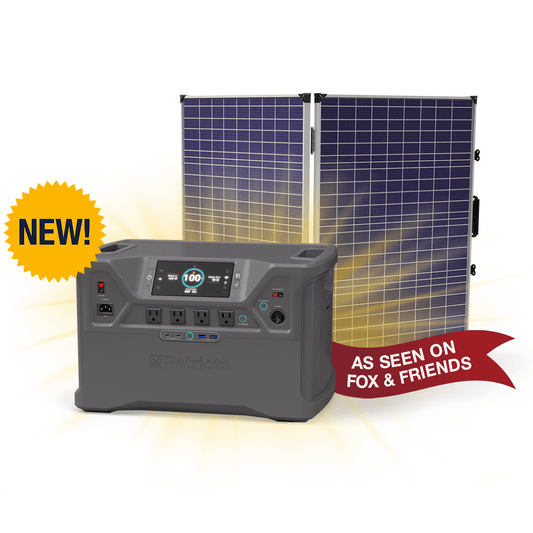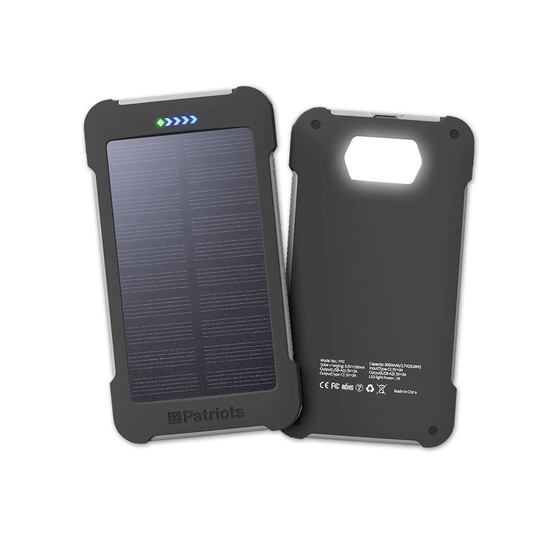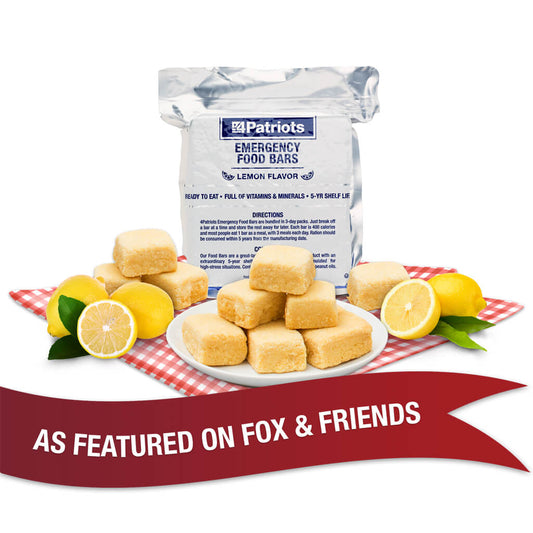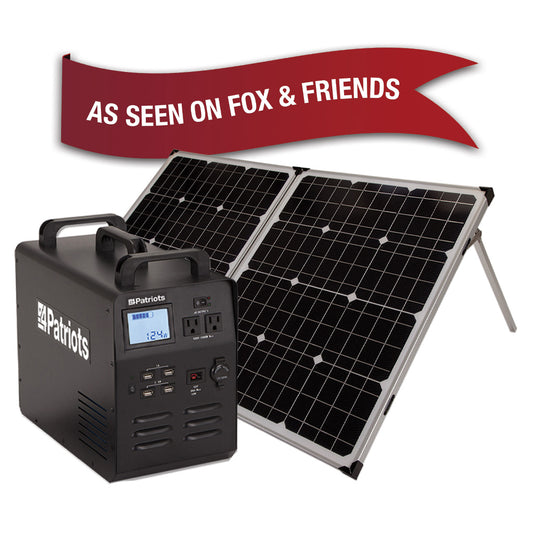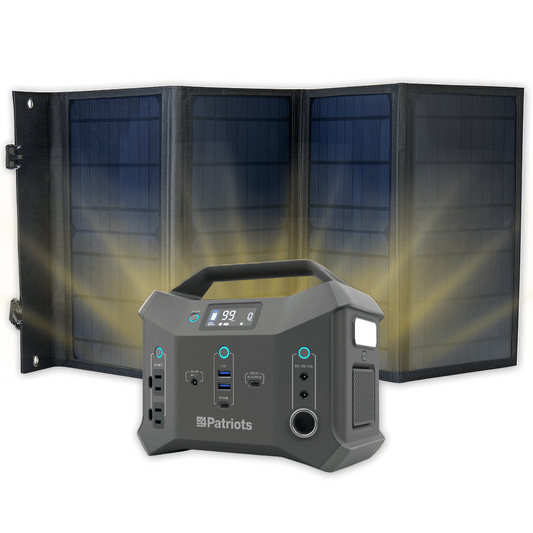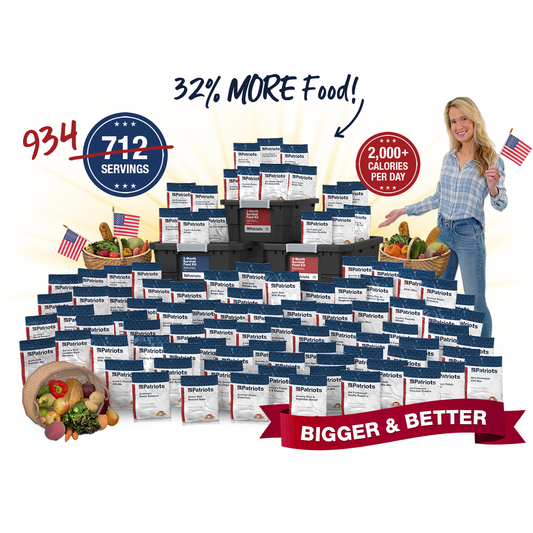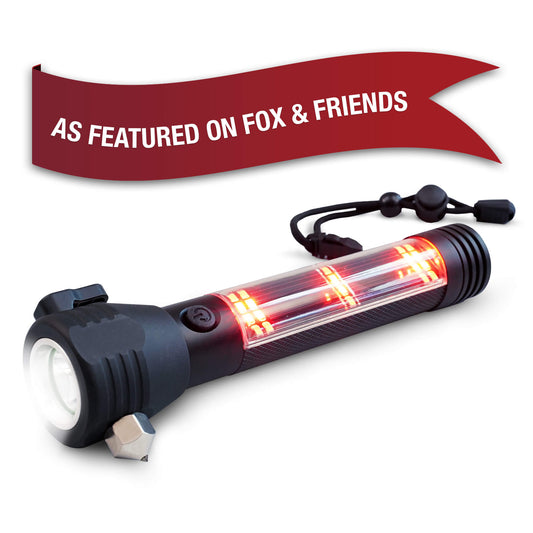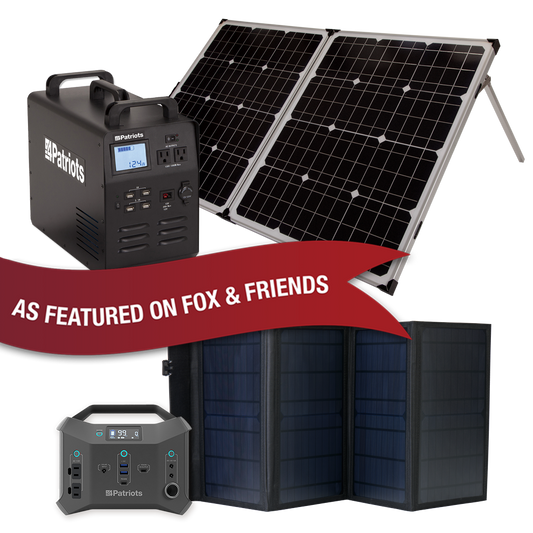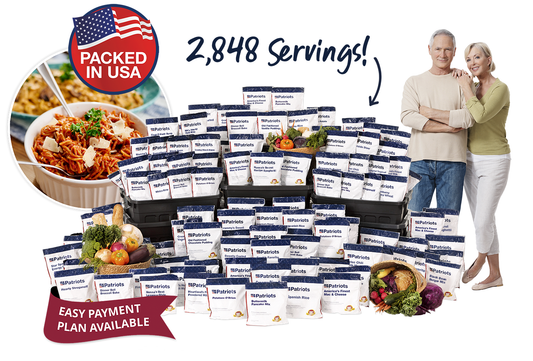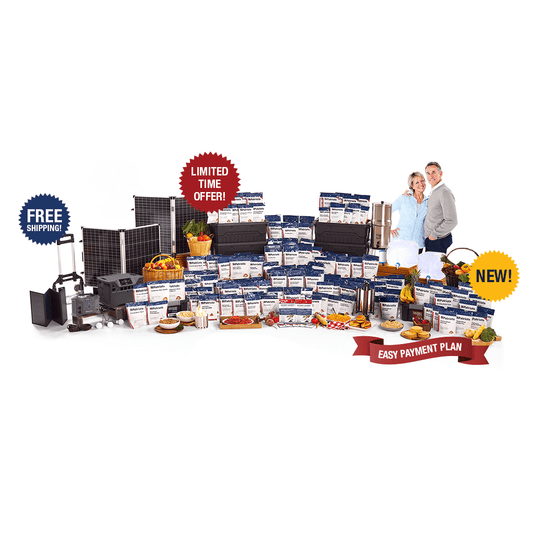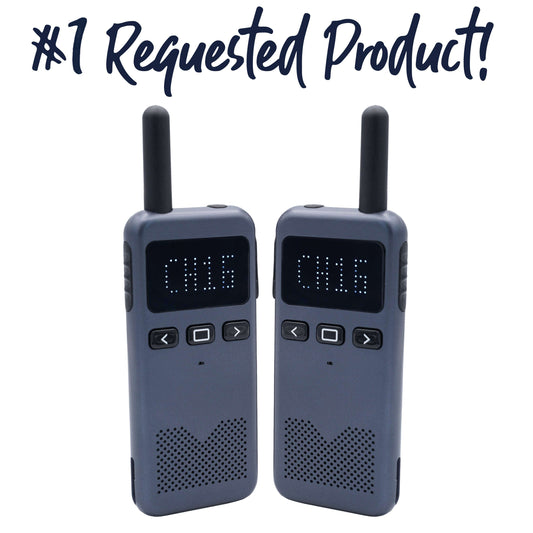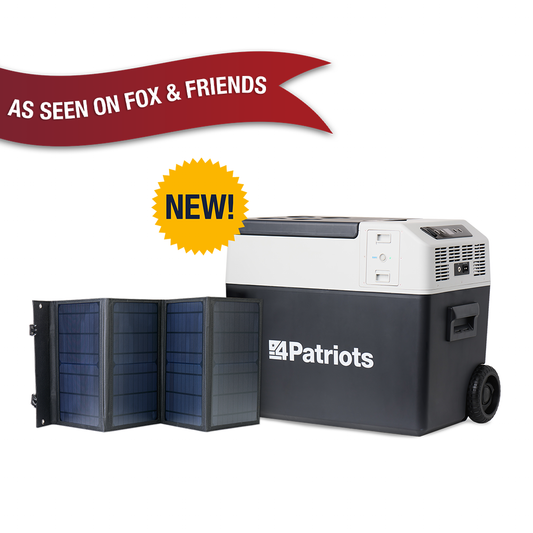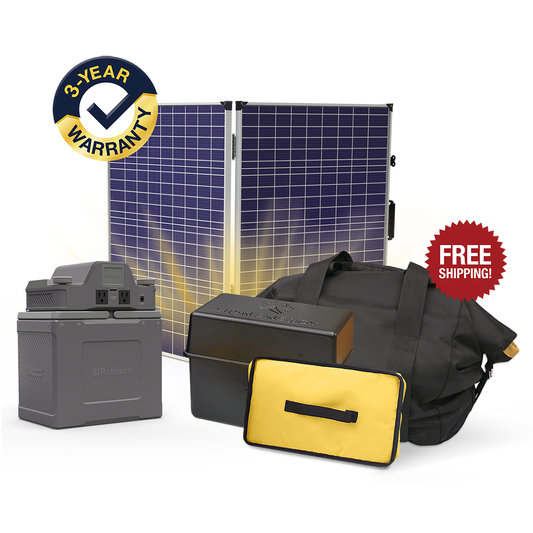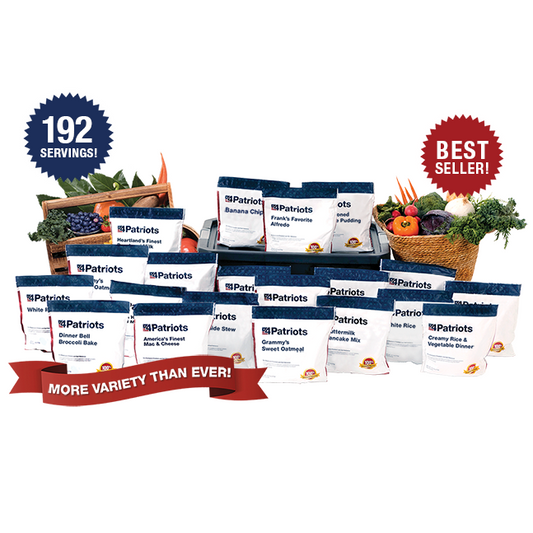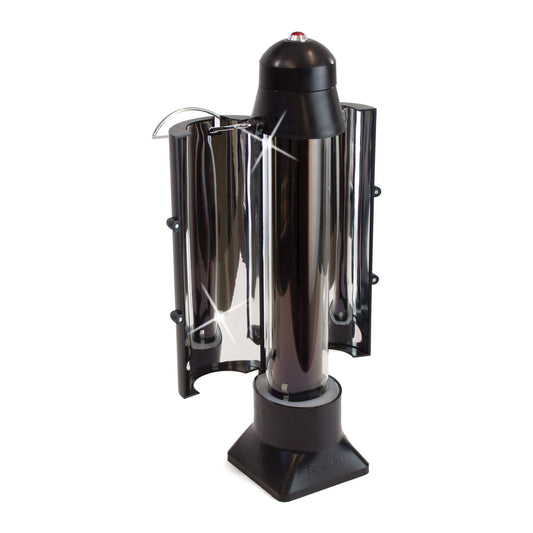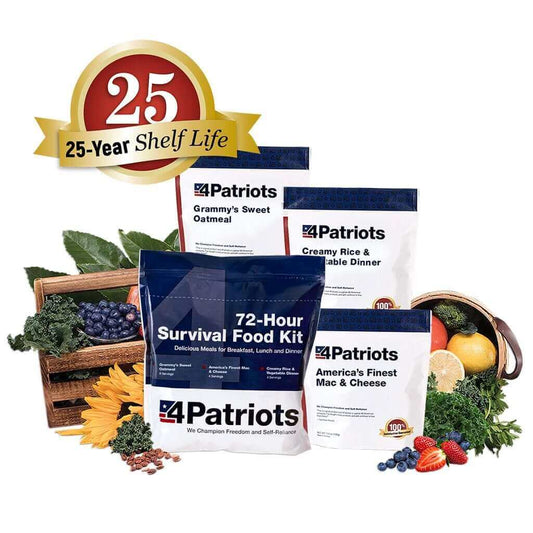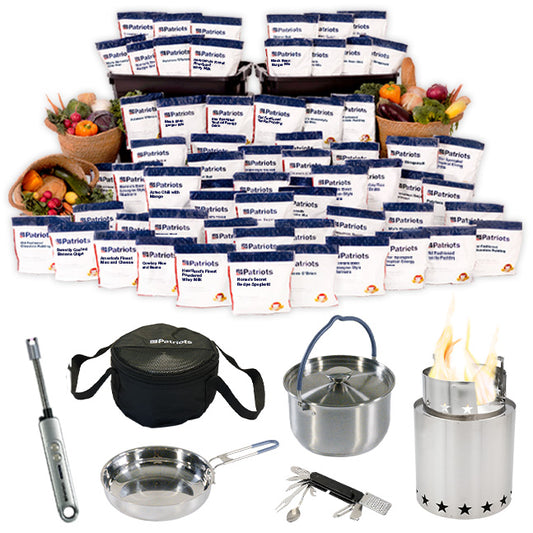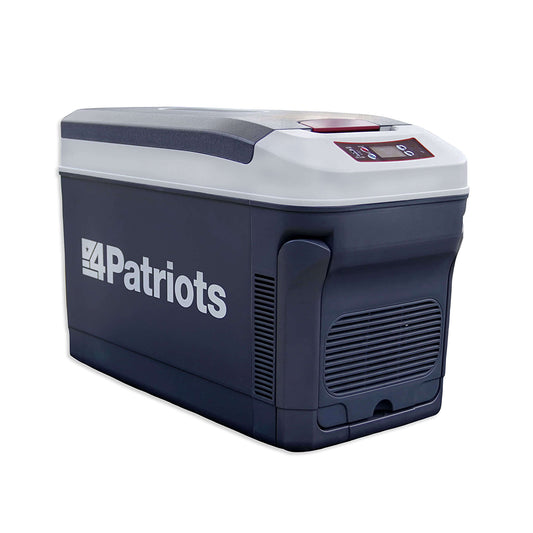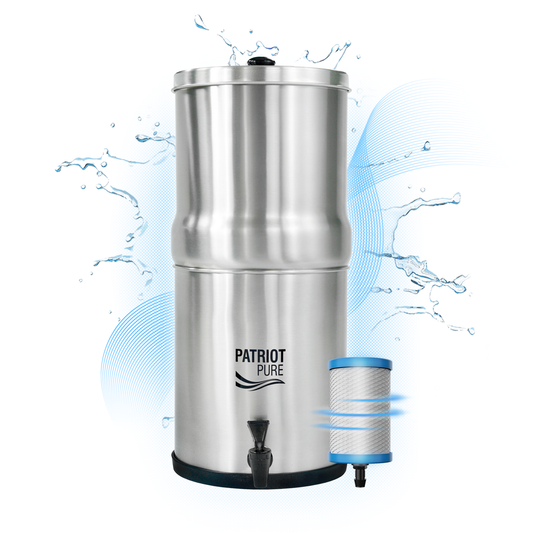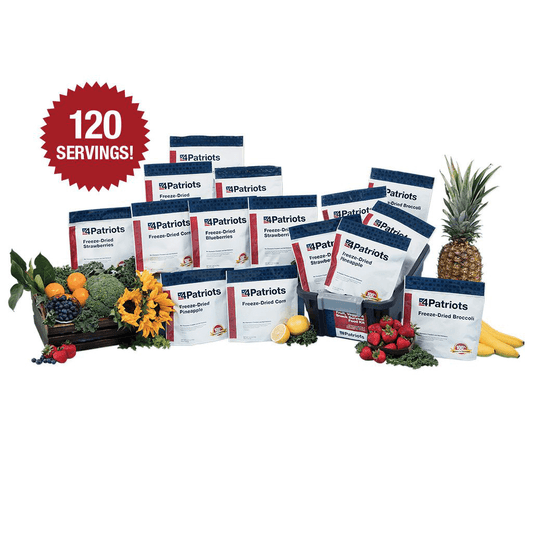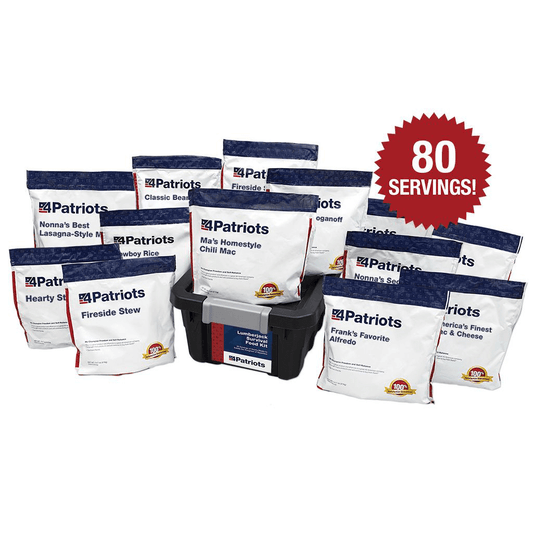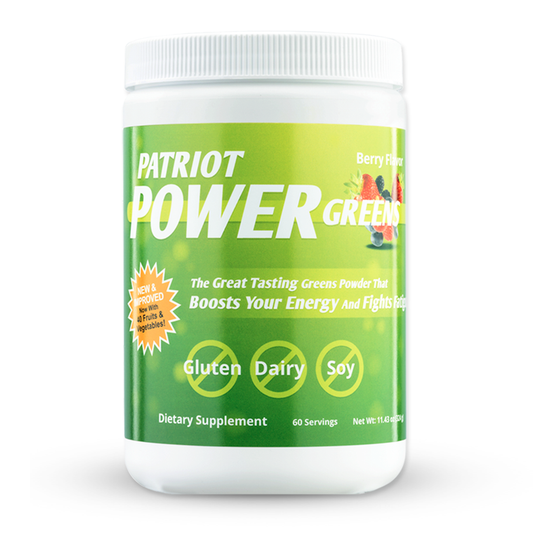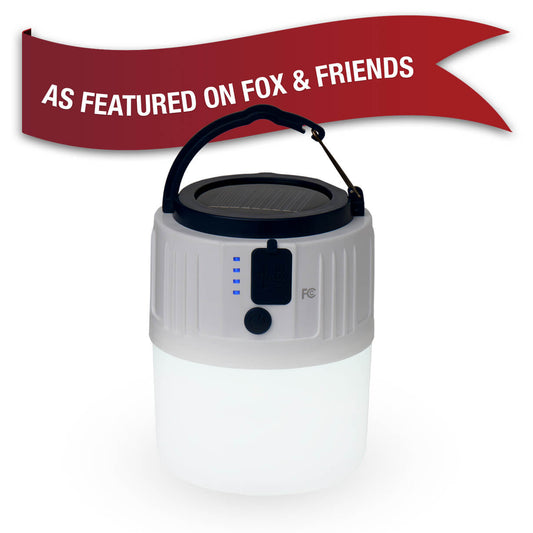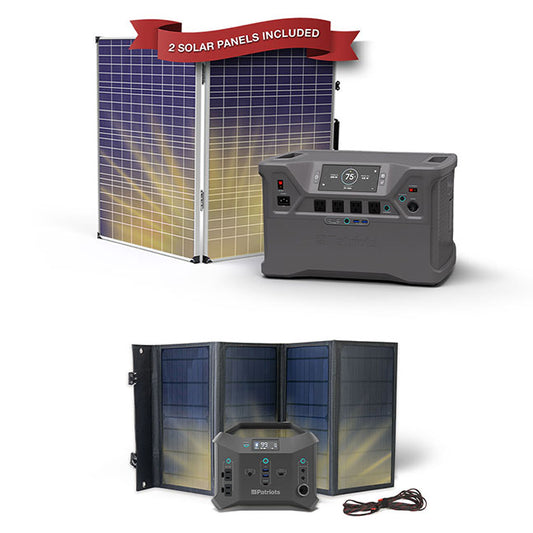
Understanding the Importance of Lifeboat Food

If you ever find yourself in a situation where you must evacuate a boat and stay on a lifeboat, you will likely only have one thing on your mind: survival. Lifeboat food will play a key role in that survival because it is intended to do only one thing: to help you stay alive.
Preparing your lifeboat for an emergency is similar to preparing a survival kit on land. You must keep only the essentials in it, including food, water, and supplies/tools. Your biggest goal is to sustain yourself until you find help or until the emergency has passed. However, being on the water, there are more restrictions and more things to keep in mind when preparing.
It can be very scary to have to be in a lifeboat. It’s a much different experience than enduring an emergency on land because it is more difficult to communicate if you don’t have the proper equipment, and you cannot acquire more supplies once you are on the lifeboat. This does not mean you should panic. If you are the owner of the boat, you must make sure there are proper food and supplies onboard the lifeboat.
If you are stocking your own lifeboat with food, it should meet these criteria:
- Non-perishable
- Sealed in a waterproof container
- Should not be high in sodium
- Should have enough for at least 72 hours
It’s impossible to say how long you might be on the lifeboat. And while we would hope it would not be very long at all, you must always be prepared for the worst-case scenario.
Seventy-two hours is a good amount of food to prepare because it gives you enough time to send out a distress signal, and you can ration the amount of food further to last longer than that period of time if need be. Do not underestimate the importance of lifeboat food because it could very well save your life.
What Food Should I Have in a Lifeboat?
The food you have in your lifeboat should be non-perishable, satiating, and not contain an excessive amount of sodium. This is because the more salt you have in your system, the thirstier you will be. You do not want to waste clean water and drink more than you have already rationed out.
By far, the best option to have in your lifeboat is our meal replacement bars. These are the perfect lifeboat food for a few reasons. First, they fill you up. Each bar contains 400 calories, which is enough to keep you satiated and energized. Second, they are non-thirst-provoking. This means they are low in sodium and do not contain ingredients that will cause you to drink more water.
Third, they come in disaster-proof, waterproof packaging. Even if you are in a storm, have debris thrown around the lifeboat, or take on any water, the bars will stay dry and preserved in the packaging.
Another option is to have some of our freeze-dried food kits on board, which also come in disaster-proof and waterproof packaging. You must take into consideration that freeze-dried food requires water to activate it. Never sacrifice clean water for food. If you have a water purification system, then you can use freeze-dried food after purifying the water. These meals are more substantial and will give you plenty of energy.
Cruise and cargo ships are legally required to have a certain amount of water and food kept in their lifeboats. The standard for these ships is to have high-calorie biscuits. It is highly unlikely there will be any other food besides these biscuits (or something very similar) because they are cost-effective, have a stable shelf life, and provide the minimum amount of calories required to survive.
Dehydration is the biggest threat to someone who is stuck on a lifeboat for an extended period of time. If you are the owner of a boat, then it is your responsibility to stock the lifeboat. If you keep your boat in a lake or area with a fresh water source, your absolute best bet is to keep a water filter in the lifeboat.
Our water purifiers remove 99.9% of harmful contaminants and bacteria, giving you access to safe and clean water instantly. Having a portable water filter on hand will also save space in the lifeboat while simultaneously ensuring you never run out of clean water.
If you keep your boat in saltwater, then you will have to stockpile drinking water or find a device that removes the salt. Do not drink salt water- it will make you thirsty, sick, and speed up the process of dehydration. It would also be wise to keep a water purifier on board in case you collect rainwater or are able to separate the salt from the water. That way, you can be sure you have removed all contaminants before you drink the water.
Conclusion
Lifeboat food is not meant to be delicious and gourmet; it is meant to keep you alive. You need to have food on hand that is non-perishable and non-thirst-provoking. The food needs to come in waterproof packaging.
If you have a water purifier, then you can look into keeping freeze-dried food on the lifeboat. Do not have freeze-dried food on your lifeboat if you don’t have a water purifier because it requires water to activate it. You should always conserve any clean water you have on your lifeboat.
The absolute best option is to have our meal replacement bars onboard. They do not cause thirst, contain enough calories to keep you energized and full, and come in water-resistant and disaster-proof packaging. Always focus on having clean water before anything else because you will be at high-risk for dehydration.
Above all, do not panic. Stress will cause your body to shut down, and you will not be able to think with a clear head. Focus instead on what you can control and stay alert. Eat and drink only enough to make it through each day.
Sources:
https://cultofsea.com/safety/lifeboat-3/
https://www.shmgroup.com/blog/everything-you-need-to-know-about-lifeboats/
https://www.redcross.org/get-help/how-to-prepare-for-emergencies/survival-kit-supplies.html
Featured Products
- Regular price
- $699.95
- Regular price
-
- Sale price
- $699.95
- Unit price
- per
- Regular price
- $2,999.95
- Regular price
-
- Sale price
- $2,999.95
- Unit price
- per
- Regular price
- From $29.95
- Regular price
-
- Sale price
- From $29.95
- Unit price
- per
- Regular price
- From $29.95
- Regular price
-
- Sale price
- From $29.95
- Unit price
- per
- Regular price
- $2,499.95
- Regular price
-
- Sale price
- $2,499.95
- Unit price
- per
- Regular price
- $499.95
- Regular price
-
- Sale price
- $499.95
- Unit price
- per
- Regular price
- $999.95
- Regular price
-
- Sale price
- $999.95
- Unit price
- per
- Regular price
- From $29.95
- Regular price
-
- Sale price
- From $29.95
- Unit price
- per
- Regular price
- $2,999.95
- Regular price
-
- Sale price
- $2,999.95
- Unit price
- per
- Regular price
- From $2,796.95
- Regular price
-
$8,390.95 - Sale price
- From $2,796.95
- Unit price
- per
- Regular price
- $4,999.95
- Regular price
-
- Sale price
- $4,999.95
- Unit price
- per
- Regular price
- From $129.95
- Regular price
-
$259.95 - Sale price
- From $129.95
- Unit price
- per
- Regular price
- $847.95
- Regular price
-
$897.95 - Sale price
- $847.95
- Unit price
- per
- Regular price
- $1,999.95
- Regular price
-
- Sale price
- $1,999.95
- Unit price
- per
- Regular price
- $279.95
- Regular price
-
- Sale price
- $279.95
- Unit price
- per
- Regular price
- From $69.95
- Regular price
-
- Sale price
- From $69.95
- Unit price
- per
- Regular price
- $29.95
- Regular price
-
- Sale price
- $29.95
- Unit price
- per
- Regular price
- $849.95
- Regular price
-
- Sale price
- $849.95
- Unit price
- per
- Regular price
- $249.95
- Regular price
-
- Sale price
- $249.95
- Unit price
- per
- Regular price
- $199.95
- Regular price
-
- Sale price
- $199.95
- Unit price
- per
- Regular price
- $129.95
- Regular price
-
- Sale price
- $129.95
- Unit price
- per
- Regular price
- $114.95
- Regular price
-
- Sale price
- $114.95
- Unit price
- per
- Regular price
- $69.90
- Regular price
-
- Sale price
- $69.90
- Unit price
- per
- Regular price
- $19.95
- Regular price
-
- Sale price
- $19.95
- Unit price
- per
- Regular price
- $3,499.95
- Regular price
-
- Sale price
- $3,499.95
- Unit price
- per

